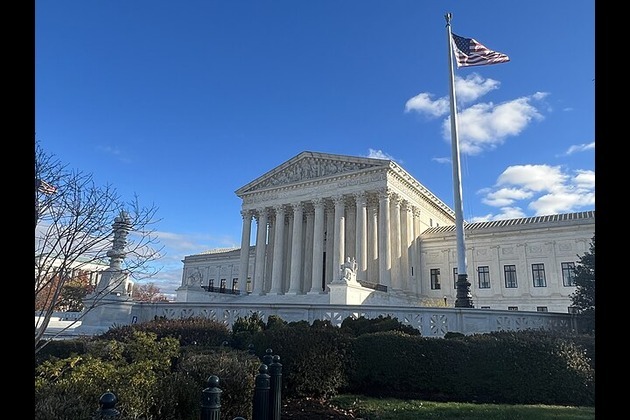Move FM Global News

Federal courts face furloughs, cutbacks as shutdown drags on
Oct 21, 2025WASHINGTON, D.C.: The U.S. federal court system began furloughing staff and curtailing non-essential operations on Monday, after running out of funds to keep employees paid during the ongoing government shutdown, according to an internal memo reviewed by Reuters.
It marked the first time in nearly three decades that the judiciary — which employs more than 30,000 people — was forced to send workers home without pay after Congress failed to pass new funding to keep the government open.
The move comes after the courts exhausted leftover fees and reserve funds that had sustained operations since the shutdown began on October 1. During the last major shutdown in 2019, during President Donald Trump’s first term, the judiciary managed to operate normally for five weeks, but officials said tighter budgets this year left fewer resources available.
In a memo to judges and court administrators, Judge Robert Conrad, director of the Administrative Office of the U.S. Courts, said the system had “done what it could” by deferring expenses but had exhausted those efforts.
“Orderly shutdown activities will commence at midnight Monday,” he wrote, adding that furlough notices were to be distributed that morning.
Courts will remain open, and judges and Supreme Court justices will continue to be paid, as the U.S. Constitution bars any reduction in their salaries. Jurors, officials said, will also continue to receive payments, at least temporarily.
The U.S. Supreme Court said it would keep hearing arguments and issuing rulings, though its building would remain closed to the public “until further notice,” according to spokesperson Patricia McCabe.
The judiciary’s move underscores the growing fallout from the shutdown, which has already caused delays in civil lawsuits involving federal agencies whose staff are furloughed. Judges overseeing challenges to President Donald Trump’s policies have continued to deny government requests to pause cases, forcing them to proceed despite limited resources.
The number of staff to be furloughed is unclear. Some district court officials said most of their workers would likely be deemed “essential” under the Antideficiency Act, which allows certain employees to remain on the job to fulfill constitutional duties such as ensuring criminal defendants’ right to a speedy trial.
Still, probation officers, clerks, and administrative staff who remain at work will receive their final paychecks on October 24, said Chief U.S. District Judge Randy Crane of the Southern District of Texas, calling the situation “extremely stressful to our employees.”
In Chicago, Chief U.S. District Judge Virginia Kendall warned that “the lack of appropriation will create delays in the court’s ability to ensure timely justice.”
The shutdown also threatens to deepen what court officials call a “crisis” in public defense. Federal public defenders and private lawyers appointed under the Criminal Justice Act will go unpaid, and those private attorneys have already faced payment delays since July, when their dedicated funding ran out.


